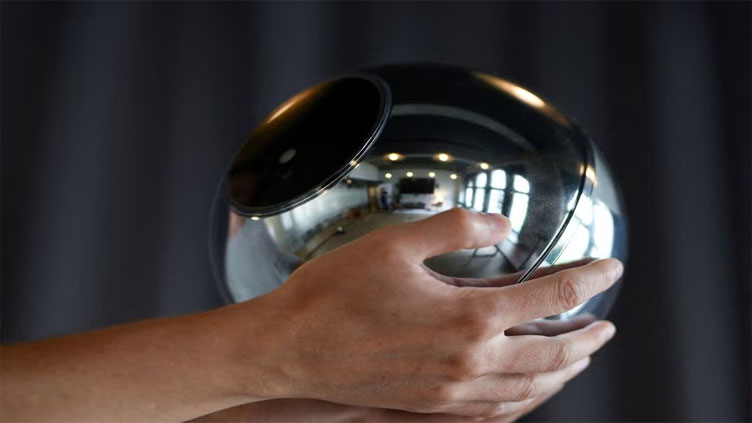
Technology
The project aims to create a blockchain-based "identity and financial network
(Reuters) - Worldcoin has no problem attracting eyeballs. More than 2.2 million people have signed up, getting their irises scanned in exchange for a digital ID and, in some countries, free crypto.
The new project from ChatGPT founder Sam Altman aims to create a blockchain-based "identity and financial network". Its native coin WLD has kept a steady price between $2 and $2.50 since its launch on July 24, thus far spared the "pump-and-dump" trajectory of many new crypto tokens.
The investor jury is out on Worldcoin's prospects, according to Gordon Grant, co-head of trading at Genesis Trading, which isn't offering the token to clients yet.
"There are folks that have really taken a view about this project, both with the positive and negative side," he said.
Worldcoin's white paper on its website says that, over the next 15 years, a total of 10 billion of the tokens will be released into the market. The circulating supply was 120 million tokens on Monday, data from market tracker CoinGecko shows, around 1.2% of the total planned future supply.
Some tech players are enthusiastic about Worldcoin's plan to provide a digital ID system based on what it calls "proof of personhood" with the project backed by investors including Andreessen Horowitz.
PitchBook analyst Robert Le said there were several startups trying to build blockchain-based digital identity systems, but none on Worldcoin's scale.
Worldcoin's bet is that this will become more important as artificial intelligence bots increase the need for people to be able to verify their human status online.
James Butterfill, head of research at CoinShares, said he expects buyers at the moment to be retail investors, as uncertainty over whether Worldcoin is a security may make institutional players more cautious.
More than 50 altcoins - a term referring to cryptocurrencies that are smaller than bitcoin and ether - have been labelled as securities by the U.S. Securities and Exchange Commission, according to CCData.
Data watchdogs in Germany have been investigating Worldcoin since November last year and the company was ordered to stop its eyeball-scanning operations in Kenya last week, over concerns about potential risks to public safety.
"It's never bullish for a token to be investigated by regulators," said Riyad Carey, a research analyst at blockchain analytics firm Kaiko.
Worldcoin says that it is "completely private", that its ID system is "designed to enable anonymous actions", no personal data is disclosed by default and that biometric images are not shared with Worldcoin unless a user chooses. It says it's working closely with regulators.
' ;
var i = Math.floor(r_text.length * Math.random());
document.write(r_text[i]);


0 Comments